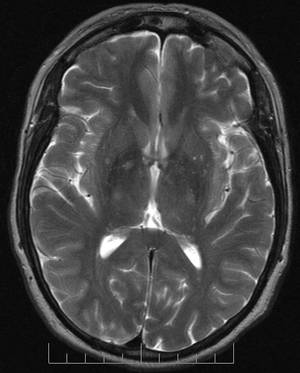Study of rare genetic varieties, sucrose and painful bowel
2018/02/09 García Etxebarria, Koldo - Biodonostia Osasun Ikerketa Institutuko ikertzailea Iturria: Elhuyar aldizkaria

Painful bowel syndrome (SMS) is a gastrointestinal disease that does not have a clear definition, that is, a disease caused by the pain of the gut. In this working group, led by researcher Mauro D’Amato Ikerbasque, we thoroughly investigate the genetics of HMS, between Biodonostia and Karolinska.
The problem is that in the group they investigated the saccharase gene and related it to HMS. What interests us? Because the genetic disease associated with this gene, known as congenital saccharase deficiency, has symptoms similar to those of a type of HMS. Not being able to digest sucrose, intestinal bacteria ferment with sucrose, causing gut pain and diarrhea, two symptoms of HMS. My job has been to analyze the strange variants of this gene.
Rare variants are mutations (changes in genetic material) that appear less than 1% of the population. Therefore, a relatively high number of patients are necessary to be able to detect them. I studied more than 2200 people from 6 countries with HMS (Belgium, Italy, Sweden, USA, UK and Holland). If they can present some rare variant that can be especially harmful.
I studied a total of 46 harmful rare variants in the 2200 HMS cited. Compared to its frequency in the population, we saw that in HMS the strange varieties of the saccharase gene appear more frequently, that is, we have confirmed the relationship between this gene and HMS. In general in all patients, analyzing the different types of diarrhea and constipation.
This can be important because it can help classify people with HMS. The study of the traditional and strange varieties of the saccharase gene in these people allows to determine if they have variants that increase the risk and establish a personalized treatment: adjust the diet to reduce the consumption of carbohydrates, for example. That is, we can place these results in personalized medicine.
These results have been published in the journal Clinical Gastroenterology and Hepatology.
Original of this article in the blog Dena.

Gai honi buruzko eduki gehiago
Elhuyarrek garatutako teknologia






